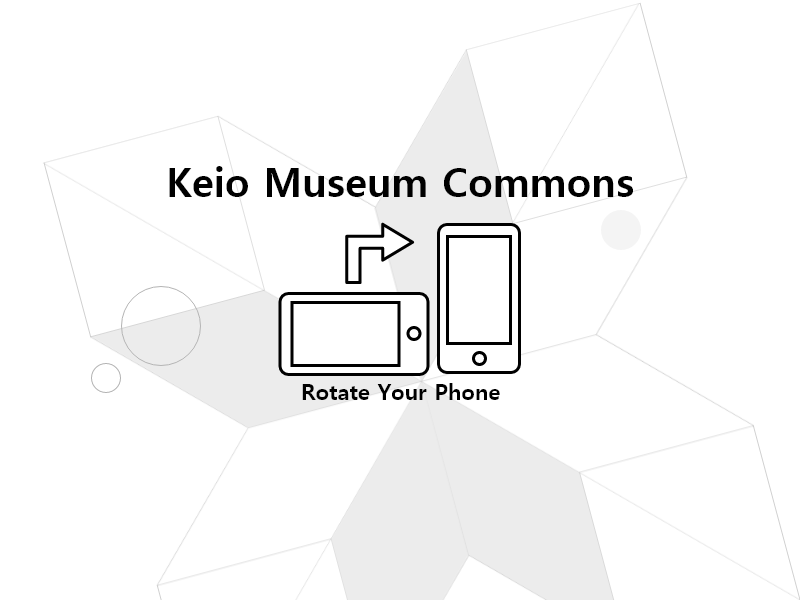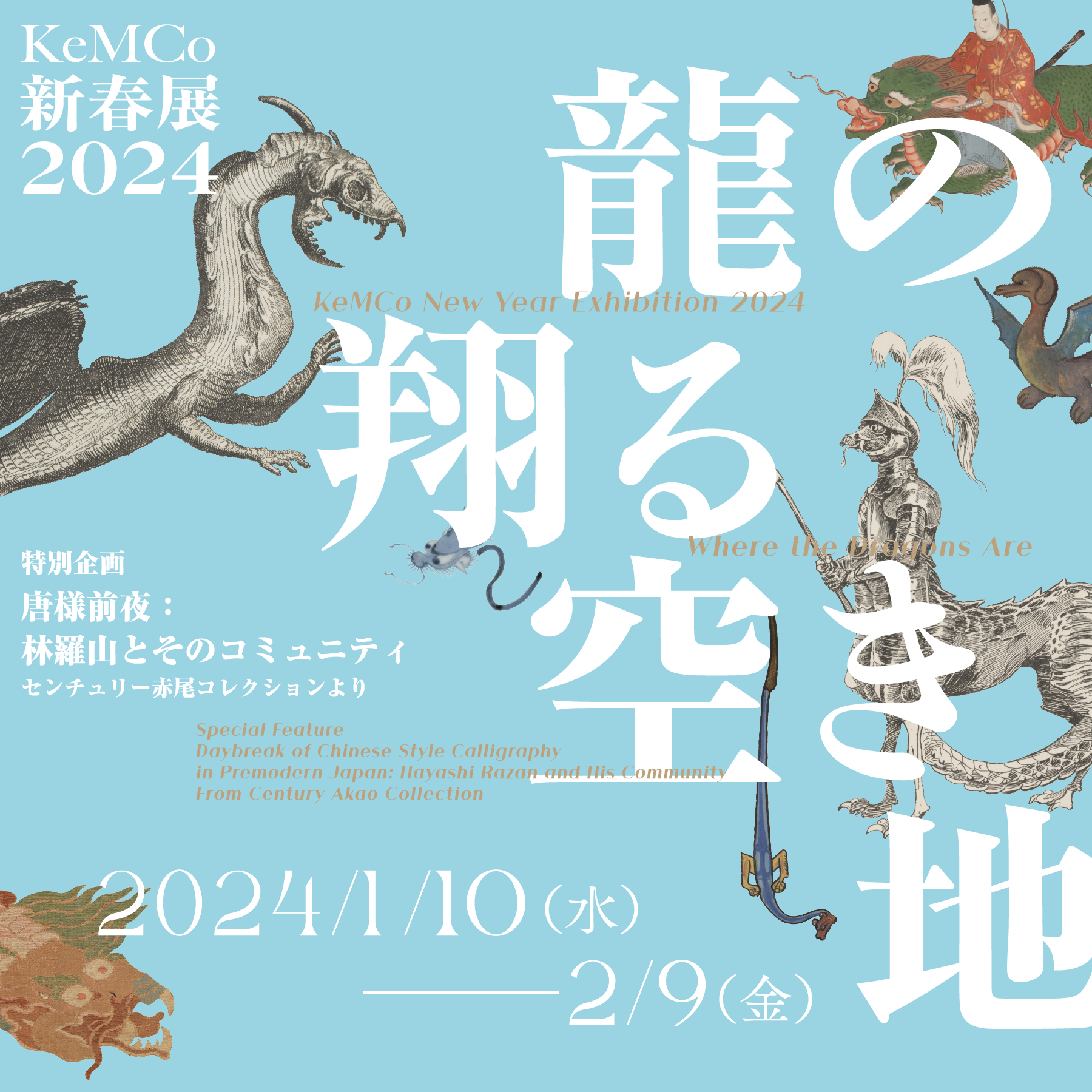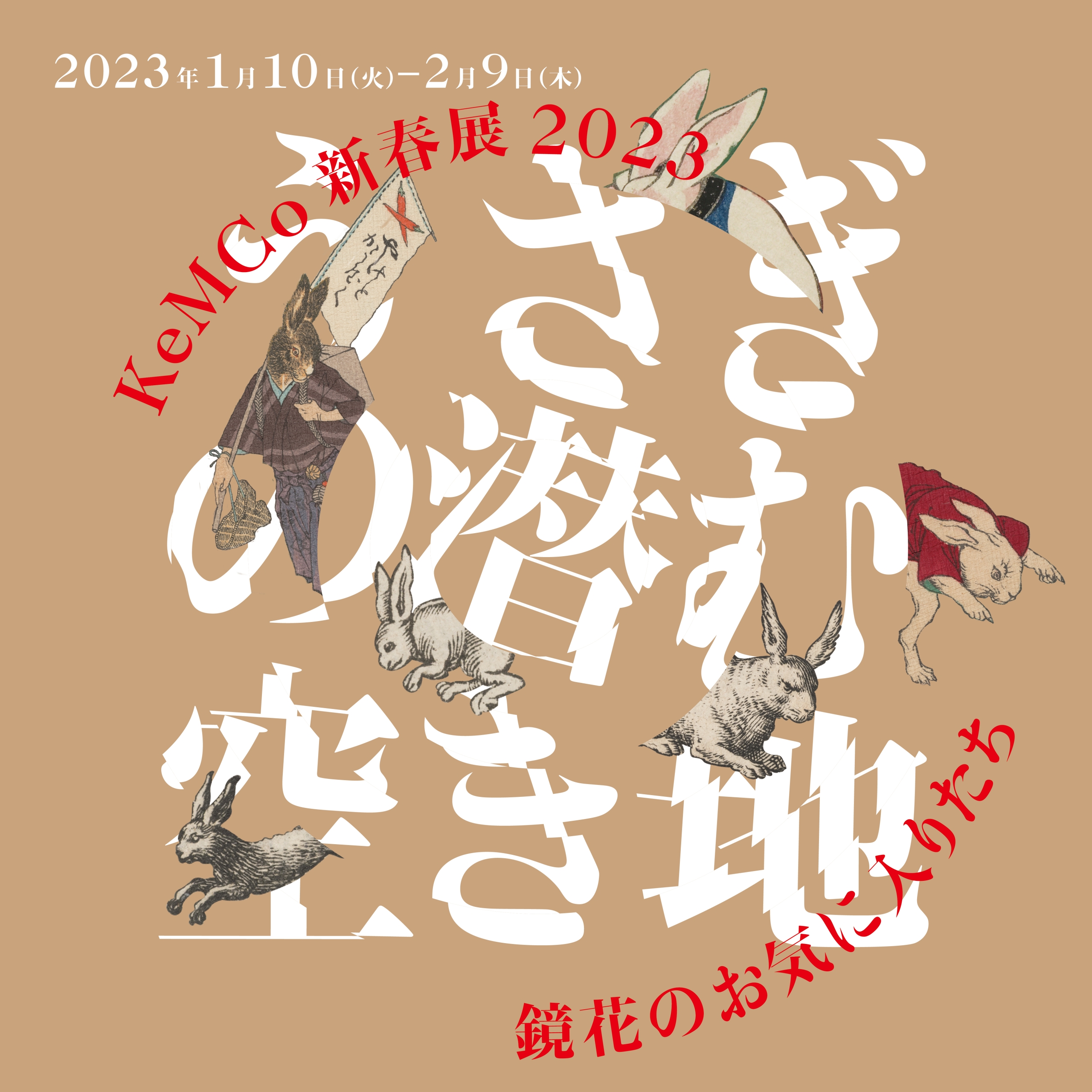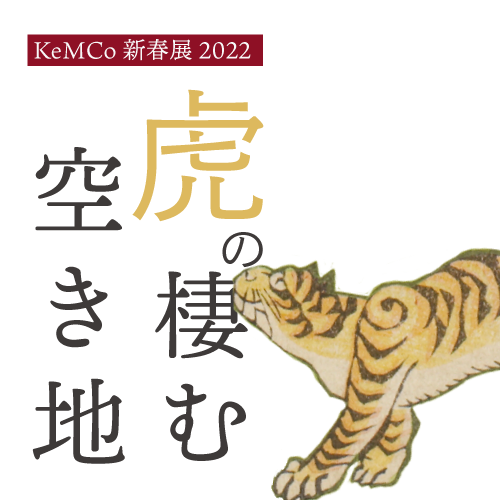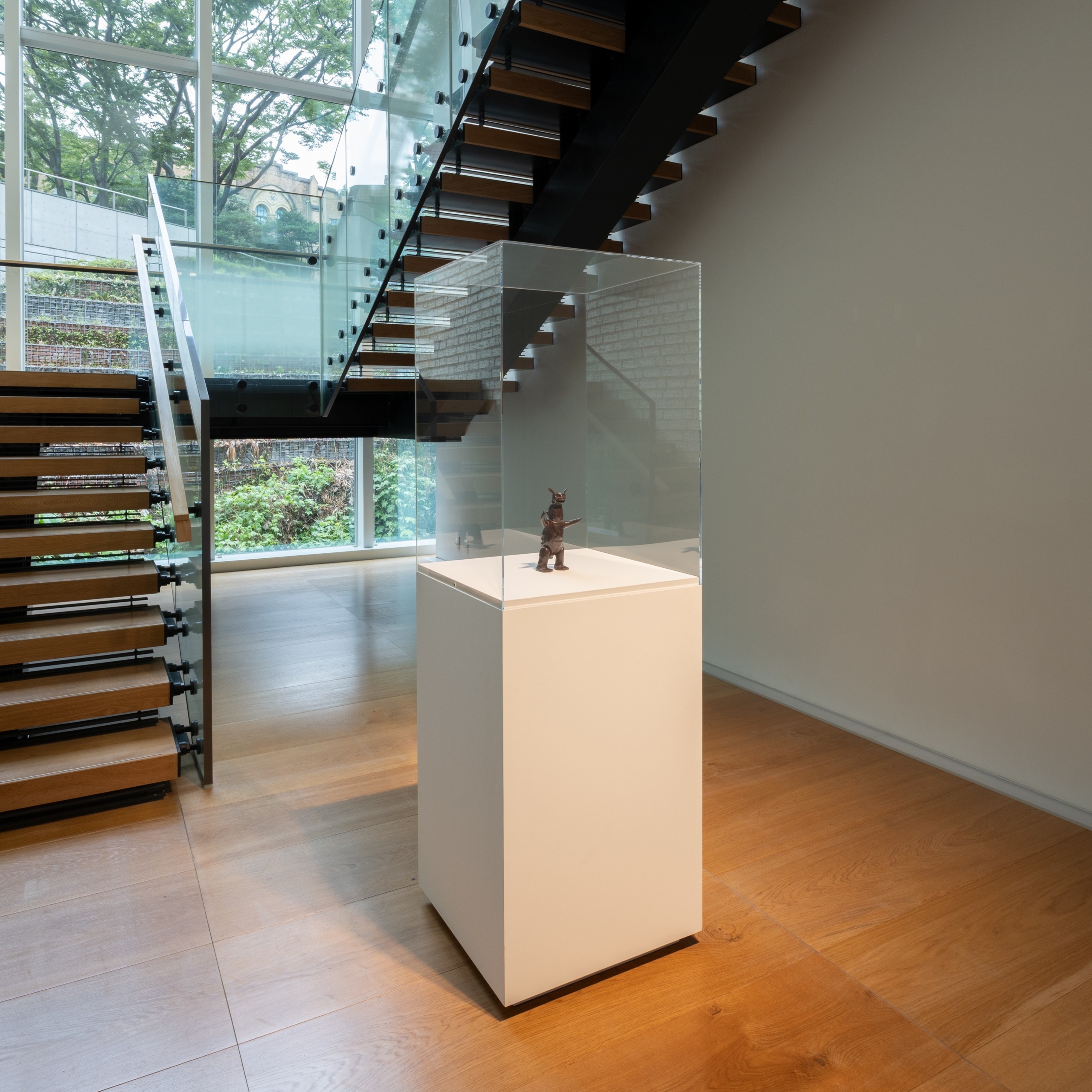KeMCo New Year Exhibition 2025
Where the Snakes Are
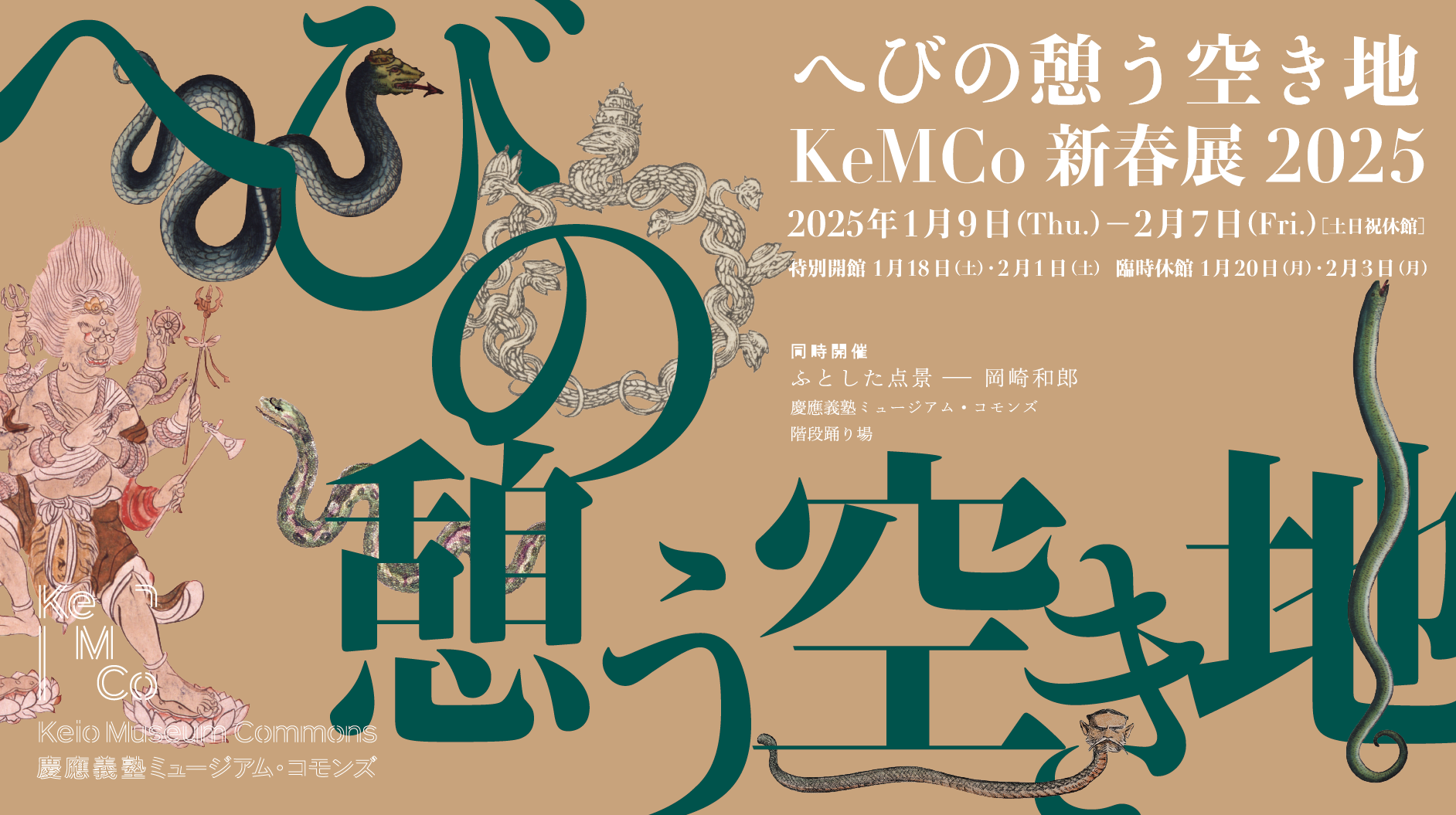
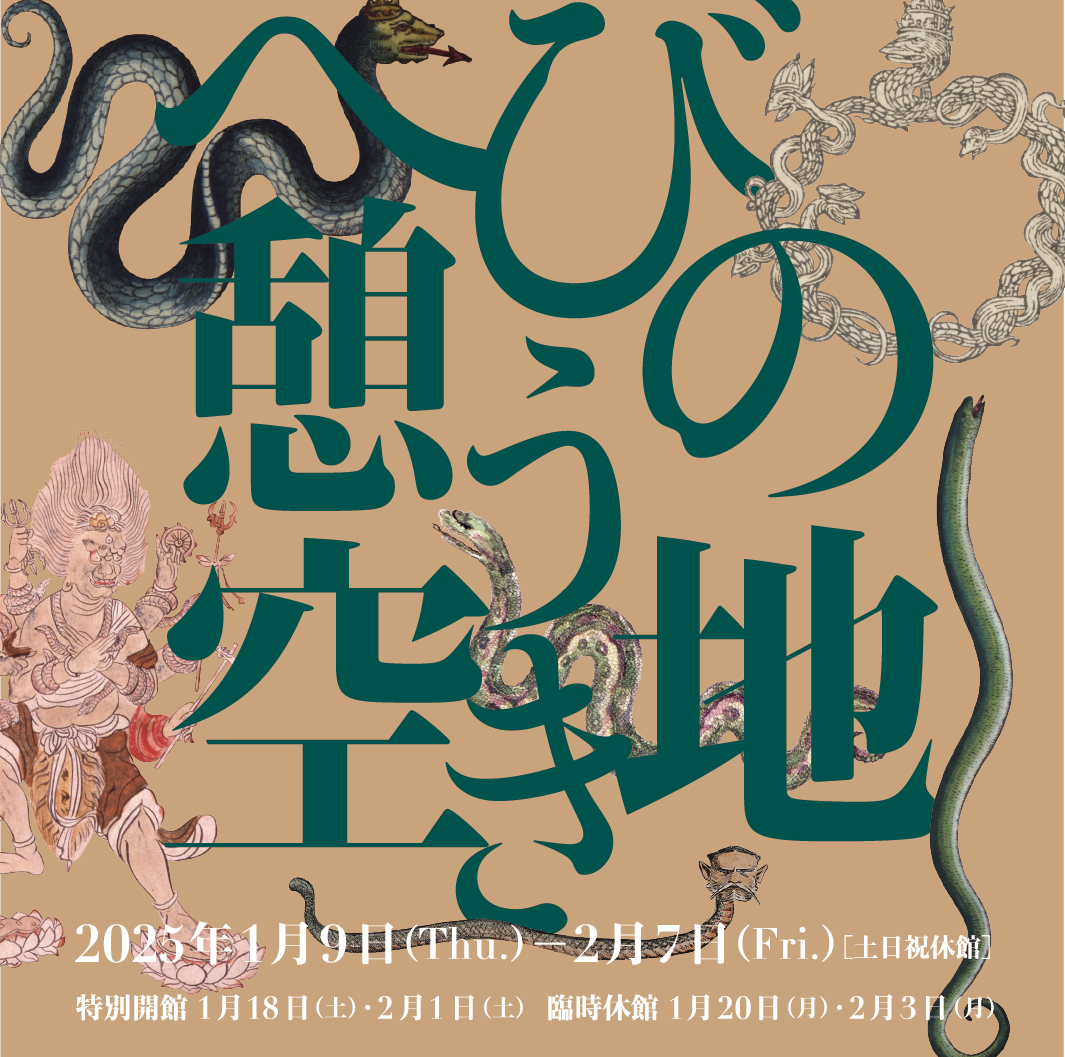
The Chinese zodiac sign for the year 2025 is the snake. With its long, patterned body and the iconic way it moves, snakes have been both feared and respected by people throughout history. Seen as a messenger of the gods, a symbol of life, wisdom, and even obsession, the snake has taken on many meanings across cultures around the world. To start the new year, this exhibition brings together snakes from the diverse collections of Keio University and invites you to explore the vivid and slightly mysterious world of these captivating animals.
Date
Thursday, January 9 – Friday, February 7, 2025
Closed on Saturdays, Sundays and Public Holidays
Special opening on Saturday: January 18 and February 1
(Temporary closed days: Monday, January 20 and February 3)
11:00 – 18:00Venue
Keio Museum Commons, East Annex, Keio University Mita Campus
Audience
Open to the public
Cost
Admission free
Enquiries and
bookings
Related event
Gallery Talk (Priority to reservations)
Dates |
Saturday, January 18, 2025, 15:00~16:00 Speaker:Tooru Ishikawa (Professor, Keio University Faculty of Letters) Finished
Saturday, February 1, 2025, 14:00~15:00 Speaker:Shimpei Tsunefuka (Assistant curator, Keio Museum Commons) Finished
Venue|Keio Museum Commons Exhibition Room
Gallery talks take place in Japanese only. Free admission.
A gallery talk held on Saturday 18 January can be viewed here.
Exhibition Highlights
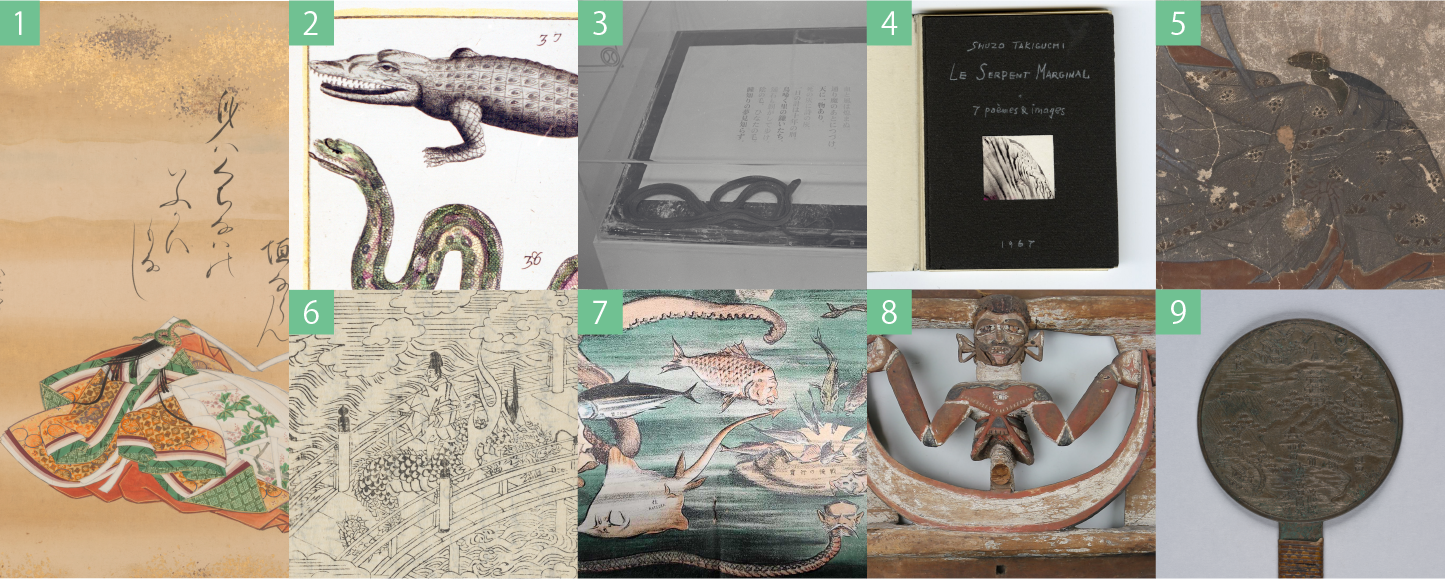
1 Mushi no utaawase, written and painted by [Isome Tsuna], [early Edo period], a pair of six-panel folding screens.
2 Rervm natvralivm historia, nempe qvadrvpedvm, insectorvm, piscivm, variorvmqve marinorvm corporvm fossilivm plantarvm exoticarvm ac praesertim testaceorvm exsistentivm im Mvseo Kircheriano, Filippo Buonanni, published in 1773-1782.
3 “Hijikata Tatsumi Hangi Daitohkan”, an auction at Seibu Department Store, photo by Ryozen Torii, 1970.
4 LE SERPENT MARGINAL [1] , Shuzo Takiguchi, 1967.
5 Album of Waka Poems by Animals of the Twelve Zodiac Signs, early Edo period(17th century).
6 The Tale of Tawara-no-tōda, selected by unknown, Kan’ei era (early 17th century).
7 THE OCCUPANTS OF THE POLITICAL SEA (Tokyo Puck, vol. 2 no. 14), Kitazawa Rakuten, July 1906.
8 Malangan Ritual Decorative Panel, Early 20th century (collected).
9 Handled Mirror with Lake Biwa Eight Views, Fujiwara no Masashige, 1700s.
Repositories
1-2 = Keio University Library, 3 = Tatsumi Hijikata Archive at Keio University Art Center, 4 = Shuzo Takiguchi Collection at Keio University Art Center, 5-9 = Keio University (Century Akao Collection), 6 = Keio Institute of Oriental Classics (Shido Bunko), 7 = Fukuzawa Memorial Center for Modern Japanese Studies, 8 = Department of Archaeology and Ethnology
Click hear  for a list of exhibited works
for a list of exhibited works
Concurrent Exhibition
point of view ‒‒ Kazuo Okazaki
Keio Museum Commons, Stair Landing
Organized by: Keio Museum Commons
Cooperated by:
Department of Aesthetics and Science of Arts, Keio University Faculty of Letters
Department of Archaeology and Ethnology, Keio University Faculty of Letters
Fukuzawa Memorial Center for Modern Japanese Studies, Keio University
Historical Documents Room, Keio University Faculty of Letters (Komonjoshitsu)
Keio Institute of Oriental Classics (Shido Bunko)
Keio University Art Center
Keio University Hiyoshi Media Center
Keio University Mita Media Center
Keio University Shinanomachi Media Center
Science Museum, Keio Yochisha Elementary School
Keio Chutobu Junior High School
Keio Girls Senior High School
